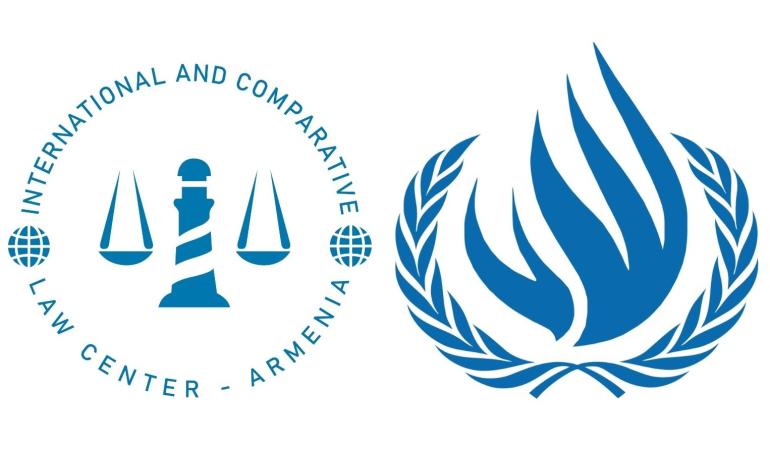
On March 5, the Center for International and Comparative Law presented cases on behalf of relatives of missing persons to the UN Working Group on Enforced or Involuntary Disappearances.
The cases include witness statements that describe in detail the circumstances of the disappearance of those 8 individuals, as well as the general situation in Artsakh during the siege and the September 19 war. Among the relatives who participated in the process were the wives, mothers, sisters, brothers and sons of the missing persons.
According to Siranush Sahakyan, director of the Center, the main goal is to obtain information about the fate of these persons, and if they are alive, to repatriate them through the implementation of possible legal mechanisms.
"The DNA tests have been conducted, and since their bodies have not been found as a result of search operations, it can reasonably be assumed that they were forcibly disappeared," Sahakyan said. Within the framework of individual cases, a procedure is opened in international structures, which keeps the government updated with certain questions. They receive information and try to find out their fates.
According to the human rights lawyer, Azerbaijan very often gives negative responses, claiming that it does not have information about these individuals.
“But their negative response is not so important, because there is an independent international evaluation mechanism, and we have to wait and see what kind of approaches the international mechanisms form regarding the case,” - said Sahakyan, adding that if the responding country does not cooperate, then the international structures also include these cases in their reports and can bring them up to the discussions of the Human Rights Council.